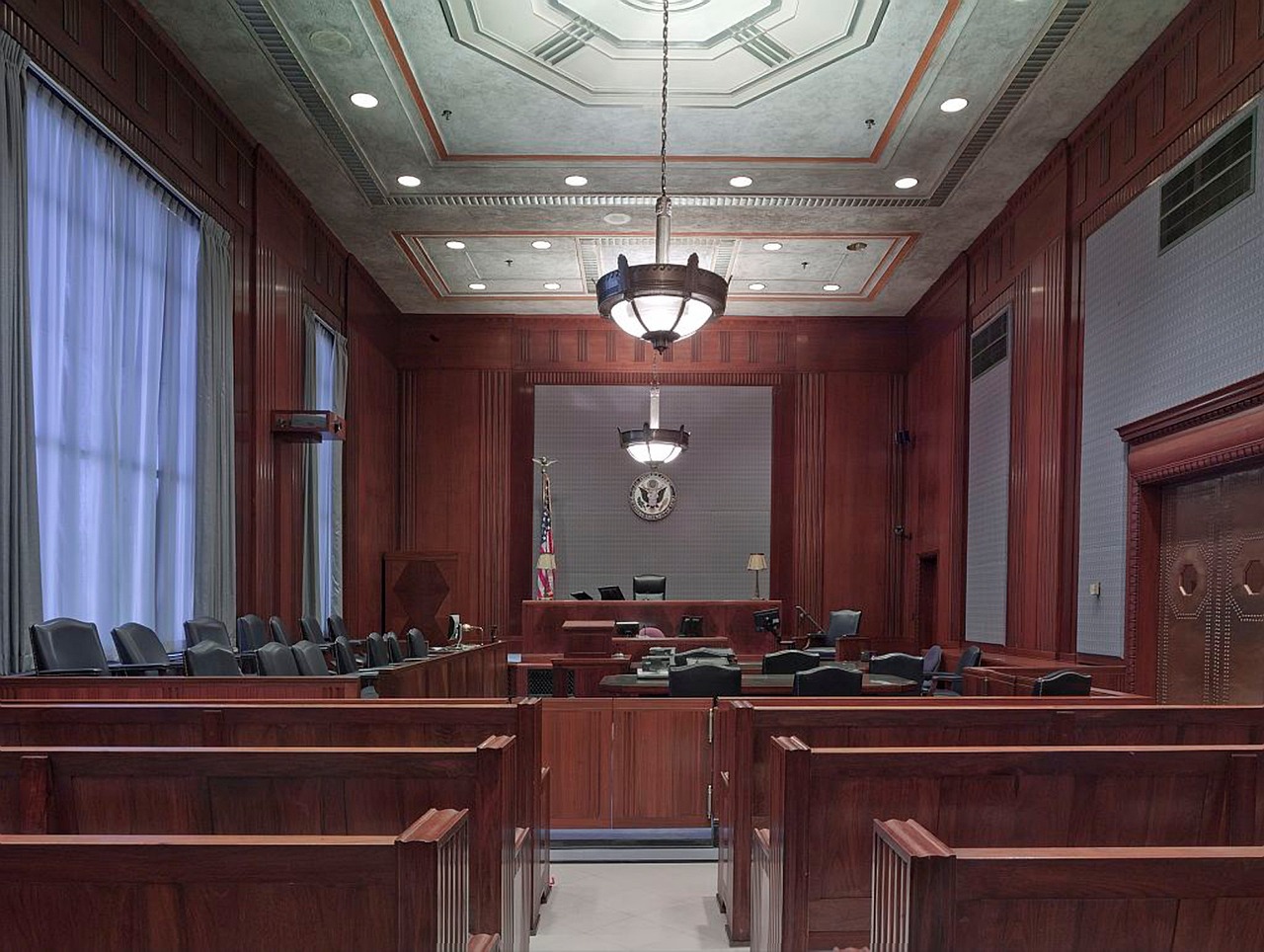Property Owner Entitled to Compensation After Foreclosure Sale

Key Takeaways
- Property owners have constitutional rights to surplus equity after a foreclosure sale when sale proceeds exceed unpaid taxes
- The New Jersey appellate court confirmed that cities cannot simply pocket surplus funds from tax foreclosure sales
- Property owners have up to six years to file claims for compensation following foreclosure sales
The New Jersey Superior Court, Appellate Division delivered a landmark decision that protects property owners’ rights to surplus equity after foreclosure sale. In Johnson v. City of East Orange, the court reversed a trial court ruling and affirmed that property owners must receive compensation when municipalities keep proceeds exceeding unpaid taxes.
This groundbreaking case demonstrates how cities cannot simply pocket surplus funds from foreclosure sales, establishing crucial precedent for property owners across New Jersey who face similar situations.
The Johnson Case: A Property Owner’s Fight for Justice
Lynette Johnson purchased a commercial property in East Orange for her children, but a devastating fire severely damaged the structure. After signing a renovation agreement with the city, Johnson had to postpone the project when her spouse fell ill.
The vacant property lacked a mailbox, causing Johnson to miss critical property tax bills and foreclosure notices. When the city eventually sold her property for $101,000—far exceeding the $4,621.98 in unpaid taxes—they kept the entire surplus without compensation.
Johnson’s daughter Shevon discovered the foreclosure action and rushed to City Hall, offering to pay all outstanding taxes, but the city refused payment, claiming it was too late. This refusal cost Johnson her property and thousands in equity.
Supreme Court Precedent Changes Everything
The legal landscape shifted dramatically when the U.S. Supreme Court ruled in Tyler v. Hennepin County that government seizure of surplus equity without compensation violates constitutional property rights. This decision provided the foundation for Johnson’s eventual victory.
Despite this clear precedent, the trial court initially dismissed Johnson’s complaint using the Doctrine of Laches, claiming she waited too long to file. The court also incorrectly found that the city justifiably kept surplus proceeds under existing foreclosure statutes.
However, the New Jersey Supreme Court later confirmed in 257-261 20th Avenue Realty, LLC v. Roberto that property owners have constitutional rights to surplus equity and that Tyler applies retroactively to pending cases.
Appellate Division Reverses Trial Court
The appellate court systematically addressed each of the city’s defenses:
- Statute of Limitations: The court found the Doctrine of Laches didn’t apply because Johnson filed within the six-year limitations period. Property owners cannot be penalized for filing timely complaints seeking compensation after foreclosure sale.
- Scope of Challenge: The city argued Johnson was improperly trying to reopen the foreclosure, but the court clarified she was only seeking compensation for surplus equity, not challenging the foreclosure itself.
- Constitutional Rights: Most importantly, the court affirmed that Johnson deserved just compensation for her property equity, following the Tyler precedent that governments cannot take more than what is owed.
Implications for Property Owners
This decision provides several important protections for New Jersey property owners facing foreclosure:
- Cities cannot keep surplus proceeds from foreclosure sales without providing compensation
- Property owners have six years to file claims for surplus equity
- The Tyler precedent applies retroactively to pending cases in New Jersey
Property owners dealing with tax foreclosure issues should consider consulting a property tax lawyer to understand their rights. For complex cases involving municipal overreach, experienced legal representation from a property tax lawyer in NJ can make the difference between losing everything and recovering rightful compensation.
Protect Your Property Rights Today
If you’ve lost property to tax foreclosure and believe the government kept surplus funds rightfully yours, you may be entitled to compensation. The Johnson decision opens the door for property owners to recover what was unlawfully taken.
Don’t let municipalities profit from your property at your expense. Contact our experienced legal team to evaluate your case and fight for the compensation you deserve. Get your case evaluation now.







